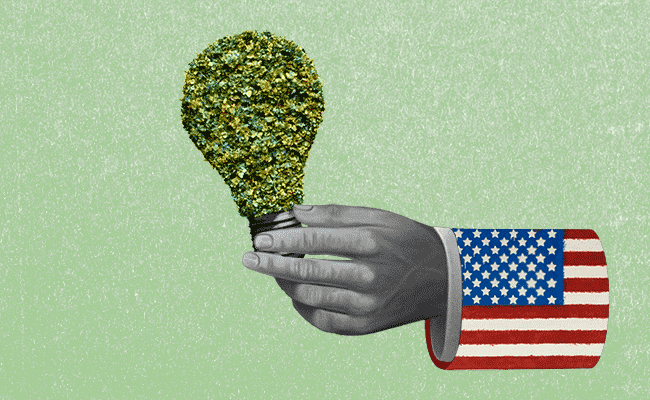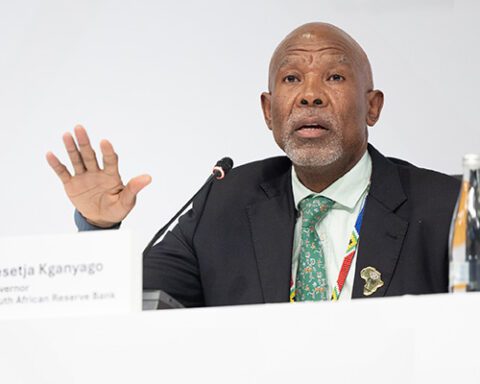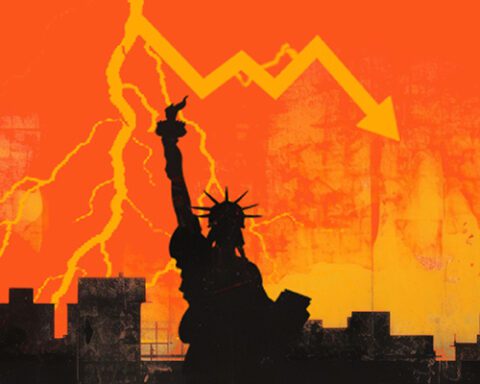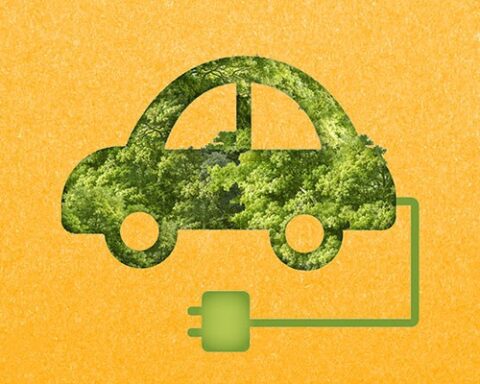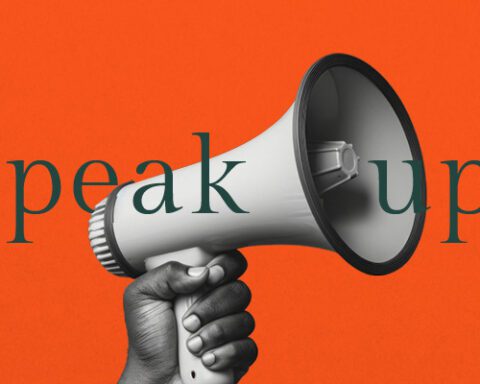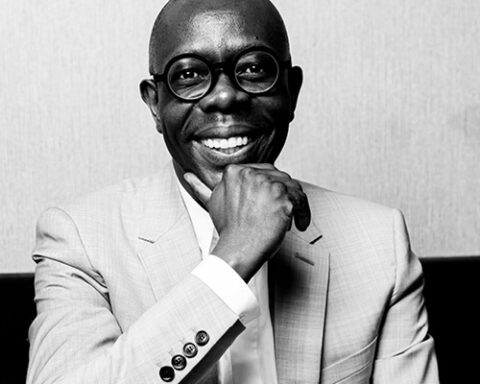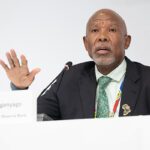For a major diplomatic event that was entirely expected, the terse 188-word letter torpedoing $1.5bn in pledges by Donald Trump’s administration to South Africa was nonetheless eviscerating in its delivery.
In a letter sent to electricity minister Kgosientsho Ramokgopa, Dana Brown, the US chargé d’affaires in South Africa, said that “effective immediately, the US is no longer a member of the International Partners Group for the Just Energy Transition Partnerships for Indonesia, South Africa, and Vietnam”.
Brown said all financial pledges are withdrawn: “Grant projects that were previously funded and in planning or implementation phases have been cancelled.”
She said this followed US President Donald Trump’s executive order in January which “revokes and rescinds the US international climate finance plan issued by [Joe Biden’s] administration”. Instead, Trump’s priority would be “putting America First in international environmental agreements” to boost “American prosperity”.
The letter, in Currency’s possession, was copied to international relations minister Ronald Lamola, finance minister Enoch Godongwana, environmental minister Dion George, the presidency’s Rudi Dicks, and Joanne Yawitch, head of the just energy transition project management unit.
For South Africa’s energy plans — for which it elicited $13.8bn from a group of countries including the US — it would seem a bitter blow. Throw Indonesia and Vietnam into the mix, and you’re talking total pledges of $45bn.
Remarkably, though, the just energy transition project management unit, located in President Cyril Ramaphosa’s office, greeted this announcement with casual insouciance.
Yawitch, who heads that unit, said she “acknowledges” the US decision, but that South Africa “remains steadfast in its commitment to achieving a just and equitable energy transition”.
In all, she said, the US had provided $56m in grant funding, and $1bn in “potential commercial investments” by that country’s development finance arm. Trump’s withdrawal cut the overall pledges to South Africa to $12.8bn.
It’s not every day that you lose a billion dollars, but Yawitch said all the other countries “remain firmly committed to supporting South Africa’s just energy transition”. And, she said, her office is “actively engaging with other grant-making organisations to source alternative funding”.
Others in the government told Currency that they had been expecting this for months anyway, given the sabre-rattling that took place during Trump’s presidential campaign, in which he depicted climate change as a leftist “myth”.
But, they say, while the US is retreating, other countries like Denmark, Spain and Canada have joined the initial group of countries funding the project.
So, did this phlegmatic response understate the gravity of the hole that Trump has shot into South Africa’s energy plans? How serious a blow is this really?
Blow to American diplomacy
Tracey Davies, executive director of Just Share, says the US withdrawal is by no means the death knell for the project.
“If anything, it would have been odd if America hadn’t withdrawn from this partnership, given its move to cut aid globally in the past few weeks,” she says.
The writing was indeed on the wall, not least because Trump had spent the past few frenzied weeks dismantling the US’s environmental commitments. Among these was the 2015 Paris Agreement, which included a commitment to limit global warming to 1.5° above pre-industrial levels.
Last week, Trump told the US Congress that he would accelerate the shift back into oil and gas, even as the rest of the world embraces renewable energy. “We have more liquid gold under our feet than any nation on earth by far, and now I fully authorise the most talented team ever assembled to go get it – it’s called ‘drill baby drill’,” he said, to thunderous applause.
Another reason why this was no surprise is that in recent weeks, Trump pulled the plug on $407m in aid funding for South Africa’s HIV/Aids programmes.
“If America isn’t even going to support urgent life-saving health initiatives, it certainly isn’t going to help to finance South Africa’s just transition,” says Davies.
But, she points out, the US was never the main partner in the project anyway, since the vast majority of that $13.8bn funding came from the Europeans and the UK.
Conversely, this move could even hurt the US on the global diplomatic stage, she says.
“What this will do is remove America’s ability to have any influence on climate policy in developing countries. This is especially because the other parties – like the Europeans – remain committed, and the US withdrawal will magnify their influence,” says Davies.
Grant Hauber, from the US-based Institute for Energy Economics and Financial Analysis, believes the US withdrawal could actually be favourable for the just energy transition partnership.
“Given the US administration’s contradictory priorities to drill for oil and gas and enhance liquefied natural gas sales overseas, its continued involvement may have led to delays or diversions,” he said this week.
Hauber pointed out that other countries have quickly stepped in to fill the gap – Germany, for instance, said it will replace the US in efforts to secure $20bn to support Indonesia’s transition, while Japan has also said it will help.
Davies agrees. “If America had stuck around and been obstructive, this could have slowed things down further. So in a sense, its absence could be positive for climate financing.”
Europe doubles down
As luck would have it, there may have been another reason Ramaphosa’s climate unit seemed less panicked by Trump’s withdrawal.
Late on Thursday, less than a week after news of the US withdrawal, Ramaphosa announced he had secured a new €4.7bn package from the EU, mainly for the energy transition and vaccine manufacturing.
The devil, of course, may be in the detail – the presidency didn’t reveal what percentage of that money would go to fill the gap in the energy project.
Nonetheless, as Davies says, this illustrates that Trump’s withdrawal has led to the other countries doubling down. “And remember, Trump’s withdrawal doesn’t change the climate science or the devastating impacts of extreme weather events that we are seeing across the globe.”
But while the US withdrawal is not existential for the just energy project, there are other long-term risks. Most notably, other countries which have elected populist leaders, like Argentina’s Javier Milei, may follow suit, unravelling the wider consensus of the threat that climate change poses.
The Paris Agreement is a “fraud”, Milei told French newspaper Le Point last month, saying he planned to follow Trump in withdrawing from the accord.
“This agenda is inspired by cultural Marxism, which sees human beings as the oppressors and the environment as the oppressed,” he said.
As conspiratorial as Milei is, there are also legitimate criticisms of the project. In South Africa, for instance, the disbursement of funds has been painfully slow and hamstrung by mixed messages from politicians like Gwede Mantashe, a former mineworker trade unionist, who still favours coal.
Speaking at the Mining indaba last month, Mantashe triumphantly told foreign investors: “If you want coal, we will give you coal – King Coal is back.”
In this context, says Davies, Trump’s allergy to renewable energy is probably not South Africa’s biggest headache.
“The just energy transition project has much bigger problems, like South Africa opting to extend the life of its oldest coal-fired power stations rather than decommissioning them,” says Davies. “We’re very capable of creating our own obstacles to the energy transition without the Americans.”
Top image: Rawpixel collage.
Sign up to Currency’s weekly newsletters to receive your own bulletin of weekday news and weekend treats. Register here.
